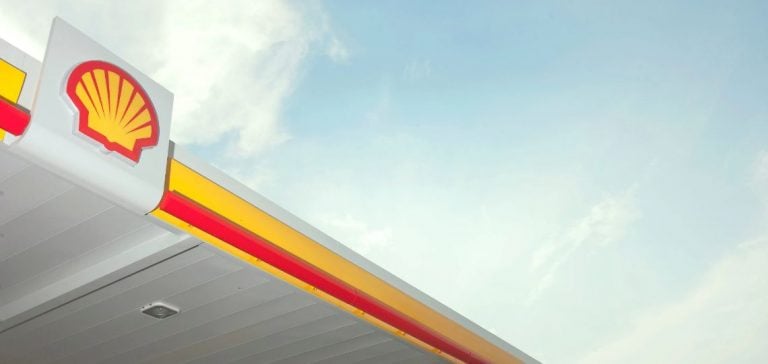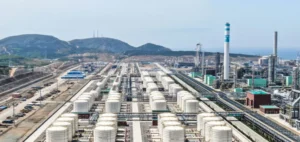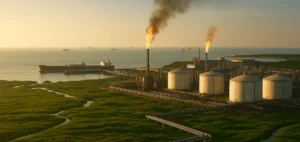Shell announced the containment of an oil spill from a land-based pipeline at its energy and chemicals park on Bukom Island, Singapore. The spill released between 30 and 40 metric tonnes of slop, a mixture of oil and water, into the sea. Shell assured that this incident did not disrupt its operations and is working closely with relevant authorities for clean-up.
Incident Details
The spill occurred from a land-based pipeline located at Shell’s energy and chemicals park on Bukom Island. The slop spilled into the sea was quickly contained by the company’s response teams. Shell implemented immediate clean-up measures and coordinated with environmental authorities, demonstrating proactive environmental risk management related to infrastructure maintenance.
At the same time, Shell continued its routine maintenance activities, including monitoring and inspecting pipelines to prevent such incidents. Preventive maintenance plays a crucial role in early detection of anomalies and minimizing spill risks.
Environmental Impact and Clean-Up
The exact environmental consequences of the spill have not been fully disclosed, but the release of slop into the sea presents risks to marine ecosystems and could potentially affect nearby coastal areas. Shell has committed to working with the relevant authorities to follow standard environmental protocols to minimize damage. Clean-up efforts are already underway, and the company is likely to be closely monitored by environmental regulators to ensure compliance with clean-up standards.
Ongoing maintenance of equipment also ensures the efficiency of clean-up and environmental restoration operations, ensuring that all necessary measures are implemented swiftly and effectively.
Bukom Refinery and Petrochemical Plants
Shell’s energy and chemicals park on Bukom Island is one of its most important assets in Asia, with a refining capacity of 500,000 barrels per day (bpd). Currently, Shell is undergoing significant restructuring of its operations in Singapore, including the sale of its refinery and petrochemical plants to a joint venture between Chandra Asri, an Indonesian petrochemical producer, and Glencore, a major trading house. The efficient management of the spill highlights Shell’s ability to maintain operations during this transition.
Recent Transactions and Future Outlook
Earlier this year, Shell announced the sale of its Bukom refinery and petrochemical plants to the joint venture between Chandra Asri and Glencore, expected to be finalized by the end of 2024. This transaction is part of Shell’s broader strategy to divest certain refining and petrochemical assets to focus on cleaner energy projects and decarbonization efforts. Until the sale is finalized, Shell remains responsible for managing incidents such as the recent spill and maintaining infrastructure.
Strategic Implications
Shell’s ability to maintain operations uninterrupted during and after the spill demonstrates significant operational resilience. This reassures investors and customers of the company’s capacity to manage environmental risks and ensure effective maintenance without compromising the supply chain or production capabilities. This stability is crucial as Shell prepares to transfer ownership of its refining and petrochemical assets at Bukom.
Environmental Responsibility and Reputation
Oil spills, regardless of their scale, pose reputational risks for energy companies. This incident at Bukom follows another spill earlier this year, which led to the temporary closure of beaches on Sentosa Island after oil from a nearby terminal spread to the popular tourist destination. While Shell has contained the current spill and initiated clean-up efforts, the incident could lead to increased scrutiny from environmental regulators and activists, especially given the company’s public commitments to sustainability and reducing its environmental footprint.
Transition and Divestment Strategy
The ongoing sale of Shell’s Bukom operations is part of a broader strategy to divest traditional oil and gas assets while increasing the focus on renewable energy and low-carbon technologies. However, incidents like the Bukom spill highlight the complexities and risks associated with such transitions. Rigorous maintenance of existing infrastructure remains essential to ensure the safety and reliability of operations until the sale is completed.





















